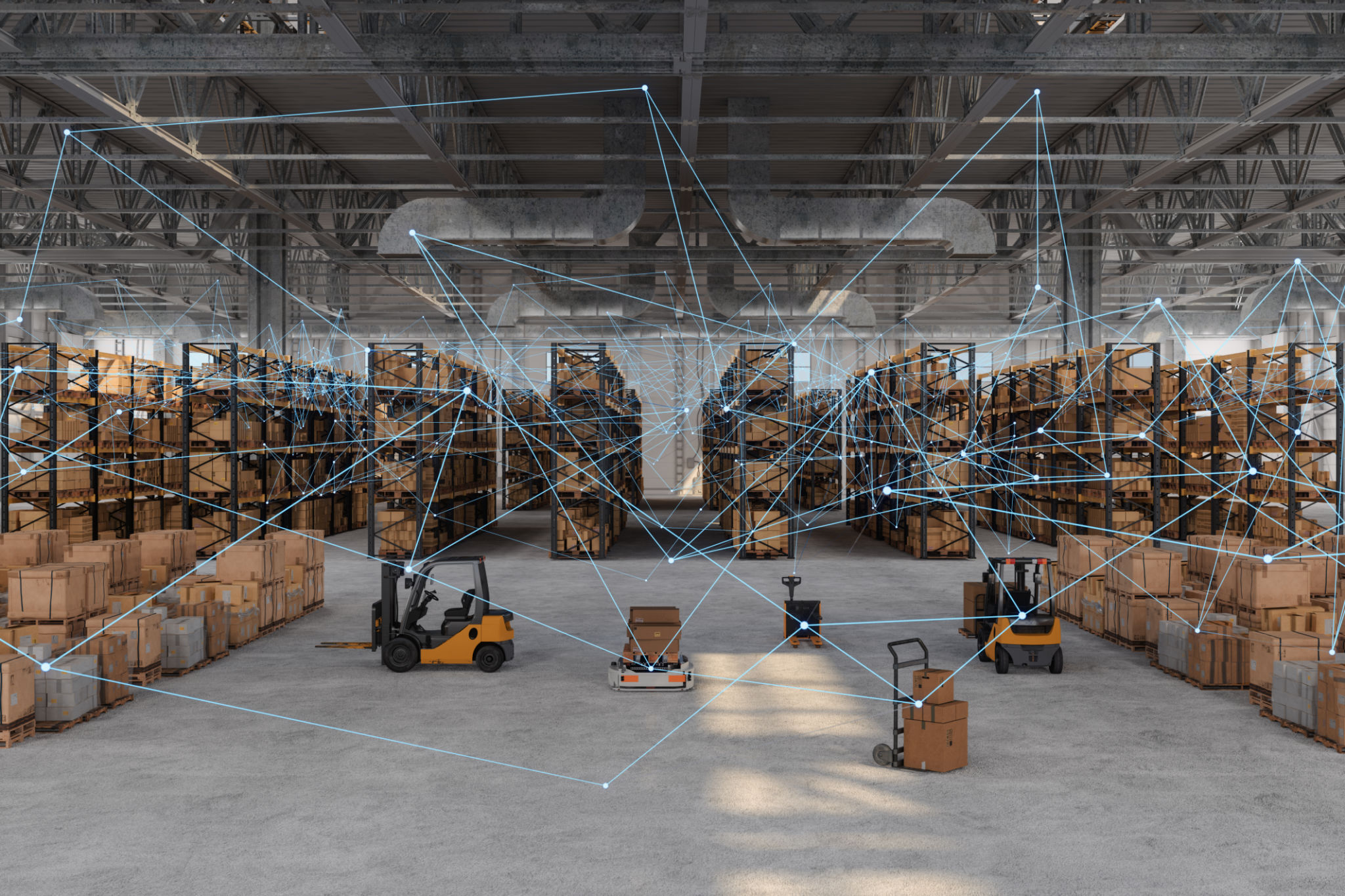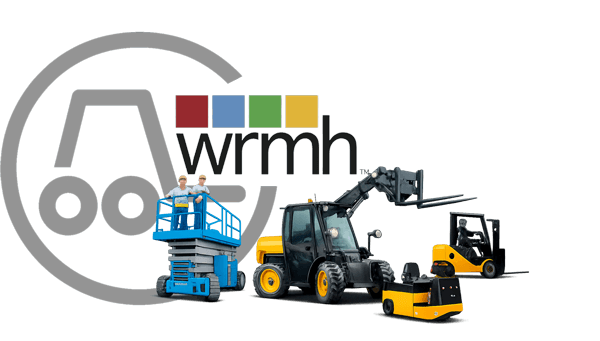Top 5 Myths About Forklift Maintenance Debunked
Introduction to Forklift Maintenance Myths
Forklifts are crucial in various industries, from warehousing to construction. However, like any other machinery, they require regular maintenance to ensure optimal performance and safety. Despite their importance, several myths about forklift maintenance persist, leading many to make costly mistakes. In this post, we'll debunk the top five myths surrounding forklift maintenance.

Myth 1: Forklifts Don't Need Regular Maintenance
One of the most common misconceptions is that forklifts don't require regular maintenance unless there's a noticeable issue. This myth can be detrimental to both safety and efficiency. Just like cars, forklifts need routine check-ups to function correctly. Regular maintenance helps identify potential problems before they become significant issues, saving time and money in the long run.
Neglecting routine maintenance can lead to unexpected breakdowns, increased repair costs, and even workplace accidents. Thus, scheduling regular inspections is not just a good practice but a necessary one.
Myth 2: Only Older Forklifts Need Maintenance
Another prevalent myth is that only older forklifts require maintenance. It's easy to assume that new forklifts are immune to wear and tear, but this is far from true. All forklifts, regardless of age, undergo stress during operation, leading to potential wear and damage. Regular maintenance ensures that even new forklifts remain in peak condition.

Performing regular check-ups on new forklifts helps maintain their warranty and prolongs their lifespan. Ignoring maintenance can result in early failures and void warranty claims.
Myth 3: In-House Teams Can Handle All Maintenance Needs
While having an in-house team handle minor maintenance tasks is beneficial, it's a myth that they can address all forklift maintenance needs. Comprehensive maintenance often requires specialised knowledge and equipment that only trained professionals possess.
Outsourcing complex maintenance tasks to certified technicians ensures thorough inspections and correct repairs. This practice not only enhances safety but also optimises the performance and longevity of your forklifts.

Myth 4: Maintenance Is Too Expensive
A common concern is that forklift maintenance is too costly. However, this myth doesn't hold up when considering the long-term benefits. Investing in regular maintenance prevents major breakdowns, which can be far more expensive than routine check-ups.
Furthermore, well-maintained forklifts operate more efficiently, reducing fuel costs and boosting productivity. When viewed from this perspective, routine maintenance is a cost-effective strategy rather than an unnecessary expense.
Myth 5: Maintenance Only Involves Mechanical Parts
Many believe that forklift maintenance only pertains to mechanical parts. However, modern forklifts incorporate advanced technology that also requires attention. Electrical systems, sensors, and software updates are integral parts of today's forklift operations.
Ensuring that all aspects of a forklift are maintained, including technological components, guarantees optimal performance and safety. Overlooking these elements can lead to malfunctions and inefficiencies.

Conclusion: Prioritise Regular Maintenance
Debunking these myths highlights the importance of regular and comprehensive forklift maintenance. Understanding the truth about these common misconceptions can help businesses maintain safer working environments, reduce costs, and improve operational efficiency.
wrmh can helpyour team to benefit from prioritising forklift maintenance, companies can ensure the longevity and reliability of their equipment, ultimately supporting their bottom line.
